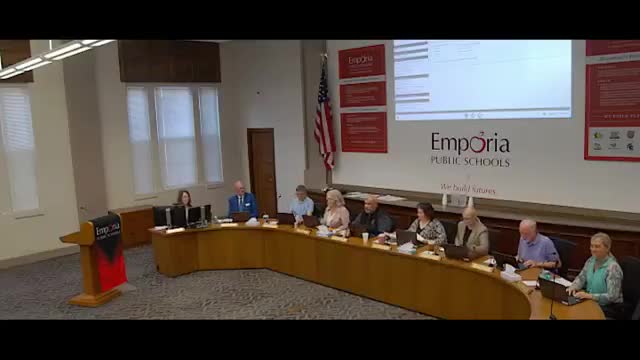Article not found
This article is no longer available. But don't worry—we've gathered other articles that discuss the same topic.
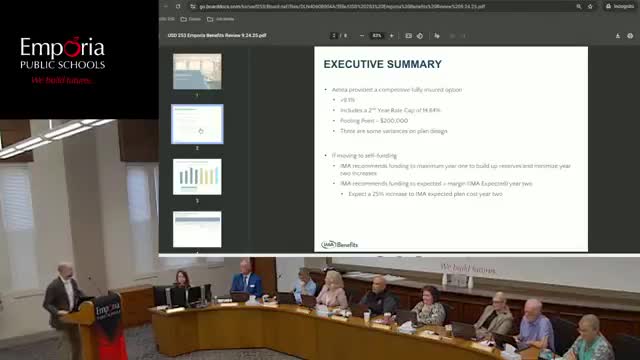
Board hears detailed briefing on 2026 health insurance options; self‑funding presented as an alternative to steep renewal
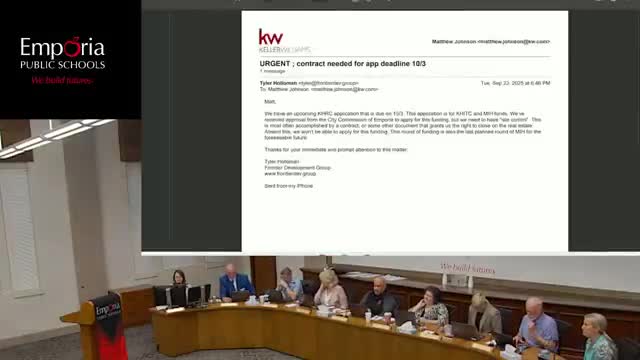
Board approves contract and addendum for sale of Kansas Avenue property at 315 Market Street
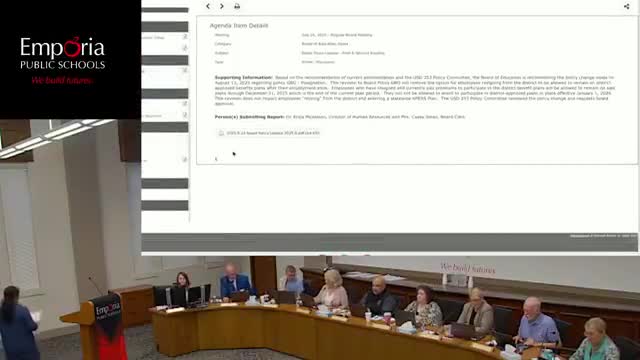
Board amends policy to limit coverage for staff who resign; current enrollees grandfathered through Dec. 31, 2025
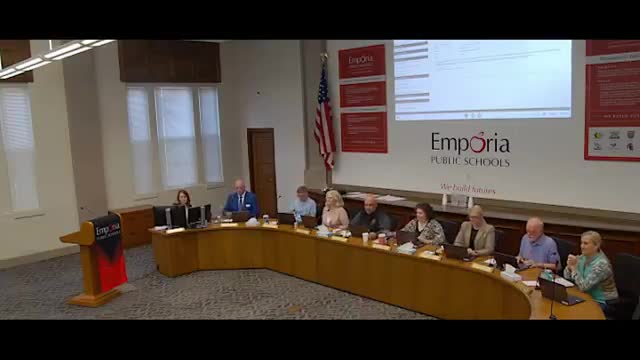
Board hears student praise for new EMS turf; approves $79,411 change order for middle‑school track concession work
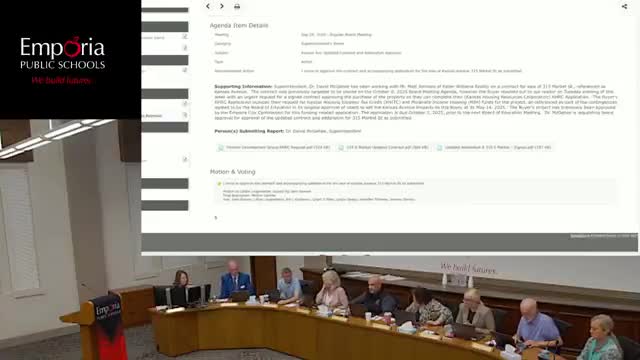
Board convenes multiple executive sessions for attorney consultation and superintendent evaluation; actions recorded
